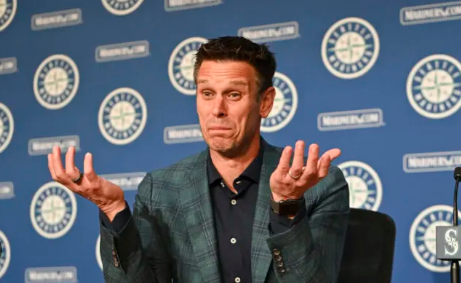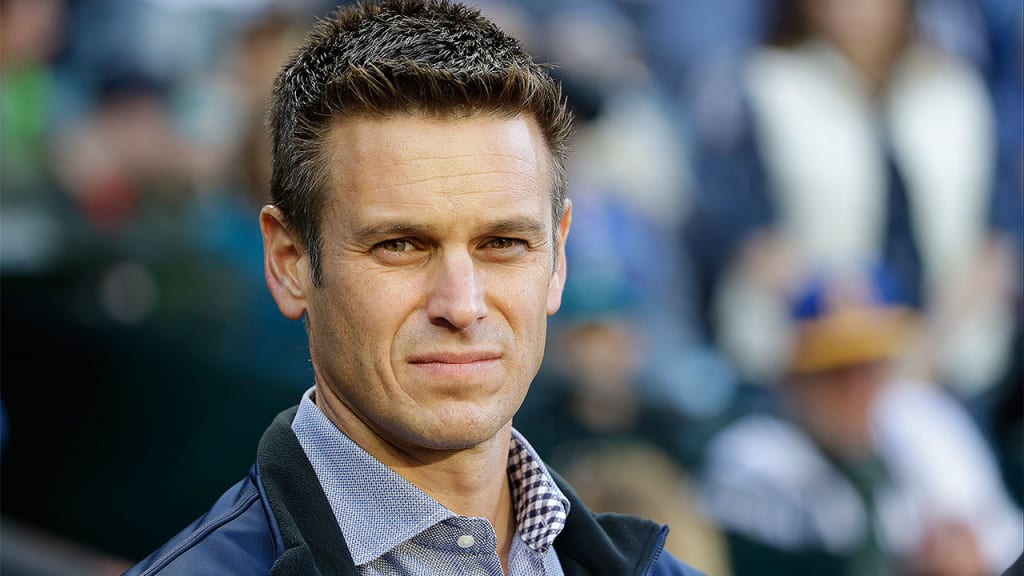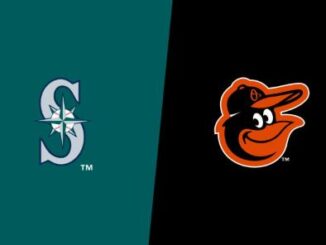
While there’s no good way to be fired, some methods are worse than others. After nine years with the company, Scott Servais deserved to hear directly from Mariners GM Jerry Dipoto that he was being let go. Instead, at 10:37 a.m. on Friday, Servais learned of his dismissal from a post by Ken Rosenthal, The Athletic’s baseball insider, on the platform formerly known as Twitter.

Though I’m not going to protest Servais’ firing, I believe Dipoto should follow him out the door after the season. My opinion isn’t solely based on how Servais found out, but the manner in which it happened highlights what I see as Dipoto’s major flaw as GM: a problem with people management. He often fails to treat those working with or for him with respect.
After nine years, this issue seems to have culminated in a scenario where the manager Dipoto hand-picked, and someone he was once close to, found out about his firing online. It’s emblematic of the increasingly awkward and disrespectful way the Mariners’ front office operates under Dipoto.
Dipoto has upset fans, suggesting they should appreciate the franchise’s long-term approach. He has also alienated players, treating them more like commodities than people. One player even questioned whether Dipoto had ever played the game himself given his conduct toward his roster.
Despite the criticism, I won’t solely pin his shortcomings on his infamous “54-percent” press conference. However, I do believe Dipoto has become toxic for the organization. Early in his tenure, after collecting anonymous feedback from employees, Dipoto’s first reaction was to identify his critics instead of learning from the feedback—something that then-team president Kevin Mather had to correct him on.
More recently, in 2021, Dipoto traded reliever Kendall Graveman to the Astros while the Mariners were playing them. The team had just pulled off a major comeback win and was in the wild-card hunt. Graveman was the team’s best reliever, and the trade blindsided the clubhouse, with many players feeling betrayed. Dipoto never addressed the team, instead leaving players feeling alienated.
As someone who interviewed Dipoto frequently on KIRO 710 AM, I found him smart and engaging but also thin-skinned and prone to holding grudges. He dismisses dissent and resents those who challenge him, creating a toxic environment that pushes away anyone who disagrees.
Despite his success in rebuilding the farm system and assembling an impressive pitching staff, it’s clear that the team’s problems extend beyond the lineup. The way the organization treats its people starts with Dipoto, and it’s time for a change at the top of baseball operations.



Be the first to comment